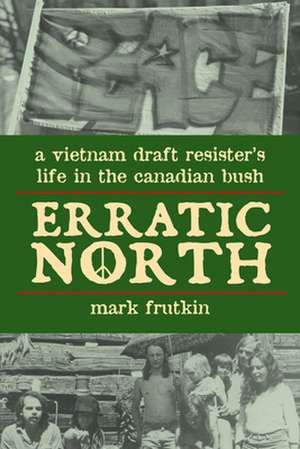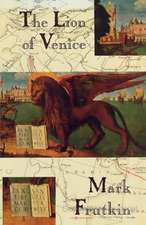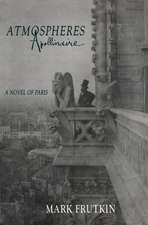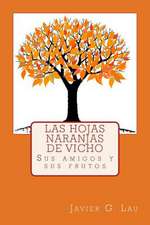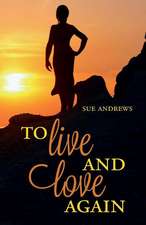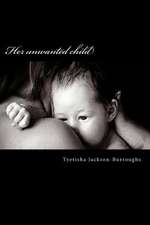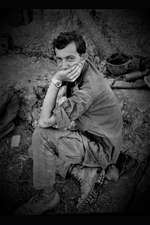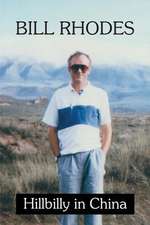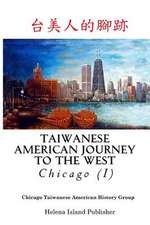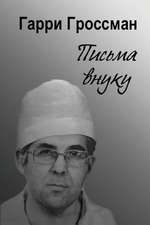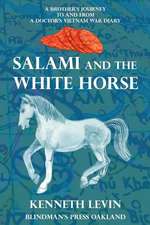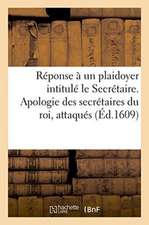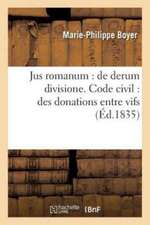Erratic North
Autor Mark Frutkinen Limba Engleză Paperback – 14 aug 2008
In geology an erratic is a "boulder or rock formation transported some distance from its original source, as by a glacier." In award-winning novelist Mark Frutkin's case, his movement from his native Cleveland. Ohio, was instigated by his wish to protest and resist the U.S. military draft during the Vietnam War, and his destination was Canada.
An estimated 50,000 to 100,000 American Vietnam War draft resisters sought sanctuary in Canada. Many of these men stayed, became Canadian citizens, and have made significant contributions to the country, including writers such as William Gibson, George Fetherling, Keith Maillard, and Jay Scott; musicians Jesse Winchester and Jim Byrnes; children's performer Eric Nagler; and radio personality Andy Barrie.
Although this first nonfiction work by Mark Frutkin looks back at the circumstances and culture of the late 1960s and early 1970s that prompted the author to relocate to Canada, Erratic Northis about many other things. It's also a lyrical meditation about "returning to nature" in the bush country of Quebec and an account of the crucible that forged one writer. Tying everything together, though, is the overarching theme of the book: a contemplation of humanity's embrace of war and violence and the countervailing impulse to resist that embrace, specifically as seen in the experience of Frutkin himself; his grandfather Simon, who escaped Tsarist Russia and its military in the 1890s; and Louis Drouin, the Quebec farmer Frutkin bought his original farm from and who resisted conscription in World War II.
An estimated 50,000 to 100,000 American Vietnam War draft resisters sought sanctuary in Canada. Many of these men stayed, became Canadian citizens, and have made significant contributions to the country, including writers such as William Gibson, George Fetherling, Keith Maillard, and Jay Scott; musicians Jesse Winchester and Jim Byrnes; children's performer Eric Nagler; and radio personality Andy Barrie.
Although this first nonfiction work by Mark Frutkin looks back at the circumstances and culture of the late 1960s and early 1970s that prompted the author to relocate to Canada, Erratic Northis about many other things. It's also a lyrical meditation about "returning to nature" in the bush country of Quebec and an account of the crucible that forged one writer. Tying everything together, though, is the overarching theme of the book: a contemplation of humanity's embrace of war and violence and the countervailing impulse to resist that embrace, specifically as seen in the experience of Frutkin himself; his grandfather Simon, who escaped Tsarist Russia and its military in the 1890s; and Louis Drouin, the Quebec farmer Frutkin bought his original farm from and who resisted conscription in World War II.
Preț: 136.09 lei
Nou
Puncte Express: 204
Preț estimativ în valută:
26.04€ • 27.09$ • 21.50£
26.04€ • 27.09$ • 21.50£
Carte disponibilă
Livrare economică 25 martie-08 aprilie
Preluare comenzi: 021 569.72.76
Specificații
ISBN-13: 9781550027860
ISBN-10: 1550027867
Pagini: 236
Ilustrații: Illustrations
Dimensiuni: 150 x 226 x 15 mm
Greutate: 0.39 kg
Editura: Dundurn Group (CA)
ISBN-10: 1550027867
Pagini: 236
Ilustrații: Illustrations
Dimensiuni: 150 x 226 x 15 mm
Greutate: 0.39 kg
Editura: Dundurn Group (CA)
Recenzii
"Frutkin's memoir is a beautiful book, one about the search for peace that has marked many of our years."
"Erratic North skillfully links the trajectory of the author's life to a momentous period in history. This memoir is Frutkin's first book of non-fiction. Here's hoping it won't be his last."
Notă biografică
Mark Frutkin is the author of seven works of fiction, including Fabrizio's Return, which won the Trillium Award in 2007. Earlier, his novel Atmospheres Apollinaire was shortlisted for the Governor General's Literary Award, the Trillium, and the Ottawa Book Award. He has also published three volumes of poetry. Frutkin lives in Ottawa.
Descriere
Novelist Mark Frutkin, who immigrated to Canada to protest and resist the U.S. military draft during the Vietnam War, looks back at the culture that compelled his move.
